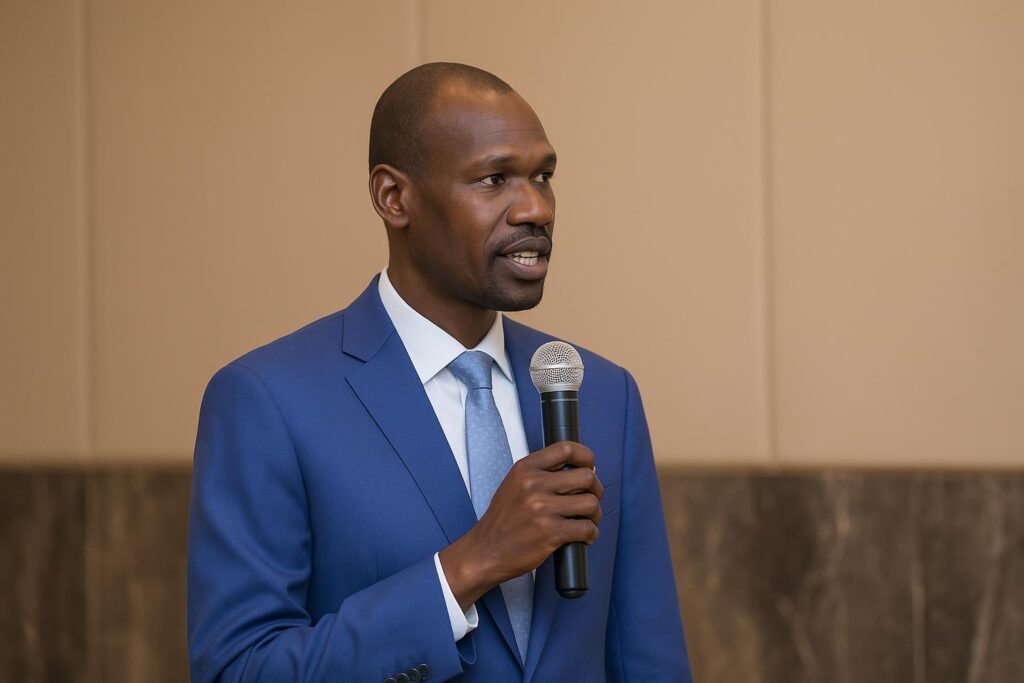Youth Ministry Sets Ambitious Sports Agenda
Standing before delegates in Juba, Youth and Sports Minister Dr Joseph Geng Akech pledged a sweeping policy to transform South Sudan’s vibrant but fragmented community tournaments into stepping-stones for professional leagues.
He told the South Sudan Football Federation’s extraordinary congress that new guidelines will anchor grassroots rivalry within state-run academies and registered clubs, opening predictable career paths for young athletes.
Value of Grassroots Rivalry
Neighbourhood tournaments attract thousands, nurture raw talent and often double as peace dialogues in a country still healing from conflict.
Local chiefs cite the events’ ability to unite clans under floodlights rather than in disputed cattle camps.
Rising Concern Over Fan Violence
Last year’s Bor Unity Cup ended abruptly after dissent over an offside call escalated into stone-throwing, according to community monitors.
The ministry fears that unchecked incidents could erode public confidence and deter sponsors keen on predictable television-friendly spectacles.
Post-Election Engagement With Stakeholders
Dr Geng vowed to consult governors, club owners, referees and fans once the football elections conclude, aiming for what he called a ‘peaceful and structured sporting environment’.
Draft proposals include licensing criteria, age-grade leagues and mandatory coaching badges aligned with CAF standards.
What Professionalisation Could Unlock
Sports economists argue that formal leagues could stimulate tourism, merchandise sales and youth employment, echoing Rwanda’s growth after its Premier League rebrand (East African Business Week).
Local winger Mary Peter hopes reforms will spare her the current need to juggle factory shifts with evening training, saying, ‘A clear pathway means I can focus on football and maybe play abroad’.
Outlook for 2025 Season
With the Africa Cup of Nations qualifiers looming, officials believe new rules can be piloted by August, setting the stage for clubs that meet professional benchmarks.
Success could position South Sudan as the region’s next football story while preserving the communal flavour that makes its matches electric.


